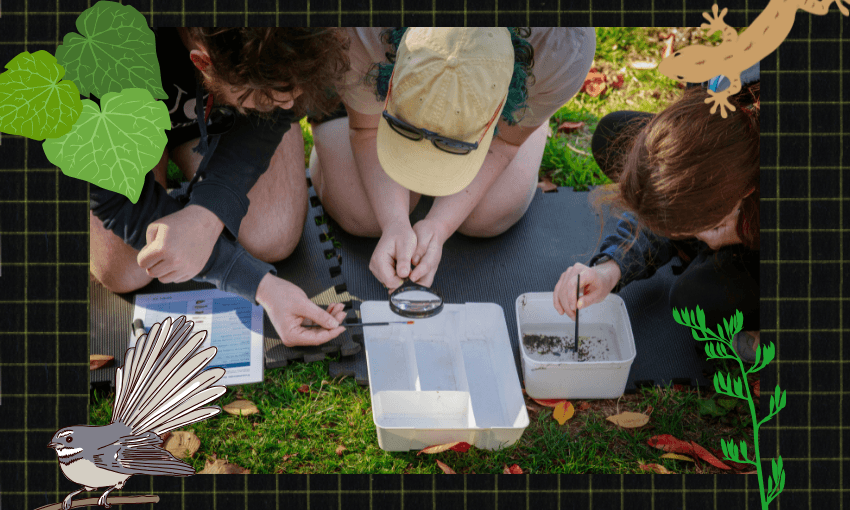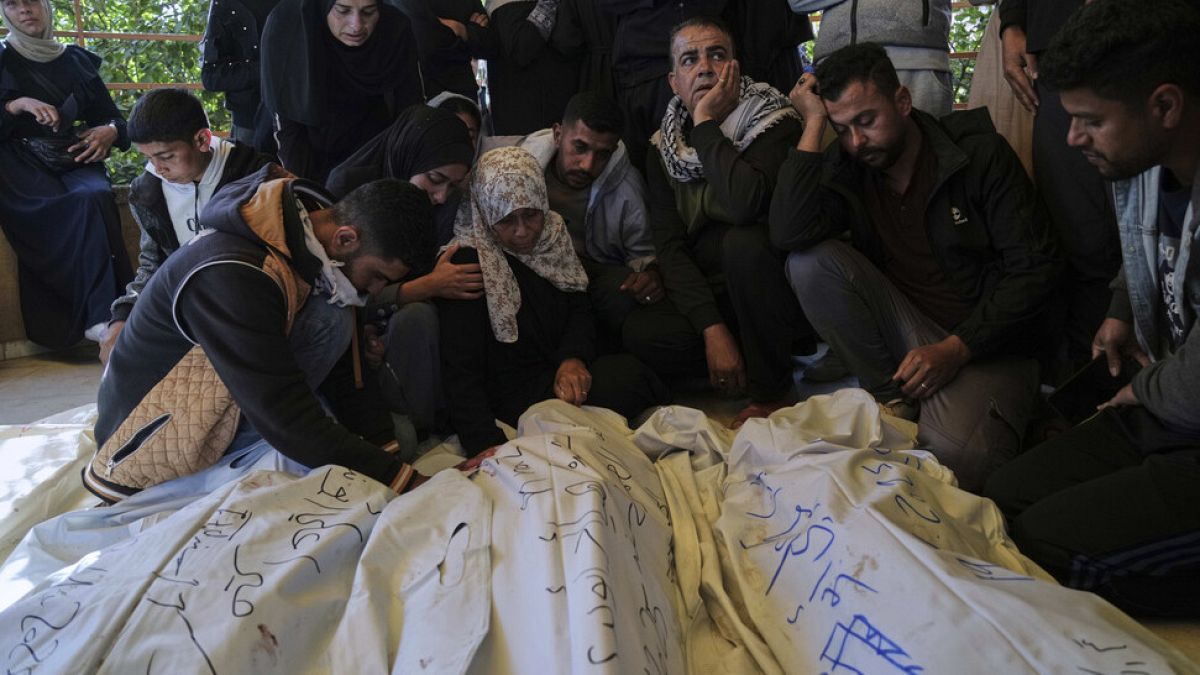Australia will contest the gold medal match for a seventh straight Commonwealth Games, after defeating defending champions England 60-51 in the semi-finals.
At the last Games back in 2018, it was the Diamonds that were left broken-hearted, when the Roses beat them in the final with a penalty shot right on the buzzer.
Today, it was Australia’s turn to repay the favour on English turf, humbling them by nine goals in front of their vocal supporters at the National Entertainment Centre.
The match was sold out at a capacity of 9,500 and it sounded like the roof was going to lift off at points because the crowd was just so loud.
Heading into the match, neither the Diamonds nor Roses fans felt confident.
Australia had already beaten England once this year in the 2022 Quad Series final in January. They’d also never missed a gold medal match at a Commonwealth Games.
On the flip side, the Roses had the home crowd advantage and were the only country between the pair still on an unbeaten run.
The Diamonds sent a strong message as they lined-up ready to be welcomed onto the court.
Instead of making the pyramid shape they and every other team had previously assembled ahead of each match, the girls in green and gold linked arms to signify a united front and pay homage to the ‘sisters-in-arms’ motto that has inspired some of Australia’s greatest Diamonds teams.
Loading
This was a deliberate statement in response to doubts about their ability to bounce back from a tough loss in their final group match against Jamaica on Thursday, 57-55.
The tactics of Diamonds head coach Stacey Marinkovich were also under fire after the team conceded a six-goal lead and let the Sunshine Girls outscore them 17-9 in the last quarter.
Meanwhile, England’s decision to start Jo Harten in goal shooter ahead of Eleanor Cardwell in this semi-final is likely to haunt Roses head coach Jess Thirlby for some time.
Harten has had her knee heavily strapped throughout the tournament and appears to be carrying an injury, with limited movement and a restricted ability to contest ball.
None of this was Harten’s fault, as she clearly tried her best, but the game plan didn’t seem to reflect the fact she is currently unable to execute the dynamic play she is usually known for.
Jo Harten has been playing with her knee strapped and the English goal shooter was hampered in the semi-final against Australia.(Getty Images: Mark Kolbe
Instead of treating her as a holding shooter and helping to set her up comfortably under the post, England’s midcourters tested the vice-captain and forced her to do a lot of the heavy lifting, rocketing in long feeds and swinging the ball around circle edge, as Harten struggled to keep up.
Cardwell is less-experienced but has been their most in-form shooter at the Games, looking every bit the confident champion that spearheaded Manchester Thunder’s successful Superleague campaign.
Ahead of this match, Cardwell had already shot 152 goals at 92 per cent compared to Harten’s 65, and therefore would have made a better starting option alongside goal attack Helen Housby.
Thirlby didn’t bring this combination into effect until there were just two minutes left in the third quarter, when England were already down by 11 goals.
This felt like a massive oversight, that would have had Australia reeling from the get-go.
The Cardwell and Housby duo matched the Diamonds in the final 15 minutes to record the only even quarter of the match (15-15), after England conceded each of the first three quarters by three goals.
England’s replacement goal shooter Eleanor Cardwell was a tougher task to defend for Australia when she came on in the third period.(Getty Images: Morgan Harlow
Cardwell was also a tougher challenge for Diamonds goal keeper Courtney Bruce to contain, as the pair went toe-to-toe late on in the game and hit the deck on a number of occasions.
Speaking with the media after the match, Thirlby defended her tactics and explained her decision to start with Harten was based on the ongoing success she’d had facing Bruce at a Super Netball level.
“Jo is very smart and has shown time and time again that against Bruce she can do a really good job.
“I actually thought the problem was getting the ball through to a shot in the first place. The attacking play out front needed to tidy up.”
Despite this assessment, Thirlby didn’t make a single change in the wing-attack position, allowing captain Nat Metcalf to carry out the entire 60 minutes.
The other issue England had was up their defensive end, where Geva Mentor just couldn’t seem to avoid the umpire’s attention.
Loading
Playing a starting role in a record sixth appearance by a netballer at a Commonwealth Games, Mentor tested Australian star Gretel Bueta in a physical contest.
It was widely thought that Bueta was the ticket to an Australian win, considering her ability to bamboozle defenders with her innovative play.
In the beginning, this match-up seemed like it was largely being won by Mentor, who managed to tally three pick-ups and four deflections in her 49 minutes on court. Goal defence Layla Guscoth also joined in at points to double up on Bueta, hoping to take her out of the equation.
Somehow, despite being battered from pillar to post, Bueta still managed to be the first one to ball.
And as the game wore on, the umpires intervened, whistling Mentor out of play (21 penalties).
The quality of the officiating was a big talking point as the two umpires from New Zealand were criticised for being tougher on the defenders in this semi-final, compared to the group matches.
There were also numerous times where they forgot to hold time when the ball fell out of court and there were valuable seconds wasted while the ball was recovered.
Thirlby took issue with the way Mentor in particular was watched like a hawk.
“I felt like at both ends of the court similar things were happening but the Australian defenders didn’t seem to get whistled out as much.
“It was a frustrating one for us, but we needed to get over that and get off the body, because Australians love backpacks, and we knew that coming into the game.”
The truth is, that despite Mentor’s high penalty count, England simply had no answers for Bueta, and at least there was consistency at both ends, as Bruce also spent a fair chunk of the game out of play (25 penalties).
Even when the Roses trailed 48-41 with four minutes to go, the switch to bring on an even more physical Eboni Usoro-Brown didn’t upset Bueta on her way to 43/44 goals.
Quizzed on the hard-fought battle, the Australian star paid tribute to England’s Mentor.
“I love coming up against Geva because she’s one of the greats of our game.
“Luckily, I think growing up with two brothers means I’m used to being knocked around.”
Wood (17/20) also deserves a mention for the level-headed approach she’s brought during the Games, as she’s often been treated as Australia’s get out of jail free card, shooting a long bomb or doing the extra work out front to get them out of trouble in critical moments.
Tomorrow, the Diamonds will face Jamaica for the second time in four days, where the Sunshine Girls will make their first ever gold medal match appearance at a Commonwealth Games after they won their semi-final against New Zealand (67-51).
Given their red-hot form, Jamaica are going to be hard to beat and could definitely stand in Australia’s way from winning their first major tournament since the Netball World Cup in 2015.












.jpeg)






Discussion about this post